Pentecost is the culmination of the Easter season. It celebrates the coming of the Holy Spirit and the birth of the Church, which may explain why for people outside the Church or those who don’t actively practice their faith, this feast seems harder to relate to than Christmas or Easter. What does Pentecost teach to those inside the Church and those outside it?
It may seem like an abstract feast, yet it might be the one that resonates most closely with modern people. If there is a God who transcends the material world but is also the Creator, Sustainer, and Ruler of the universe, then His presence and influence manifest mysteriously in the world. And if we believe – and as Christians, we firmly do – that this influence is personal, then the Holy Spirit is here among us. The Book of Genesis begins by saying that the Spirit of the Lord hovered over the waters. The Holy Spirit expresses and brings to life the relationship between the universe and the Creator and governing God. This also provides deep encouragement for our personal human relationships. In the Acts of the Apostles, we read that the apostles locked themselves away out of fear. That fear vanished the moment the Holy Spirit descended on them in the form of tongues of fire. This image of the Spirit descending and being compared to fire or flames also appears in the Old Testament—for instance, when seventy chosen leaders received a portion of Moses’s spirit, much like the disciples who received the Spirit later on. We also read that in baptism, people are born again through water and the Holy Spirit. So every baptized person, in some way, receives the gift of the Spirit, which is then received in its fullness through the sacraments of confirmation and holy orders. When we talk about being faithful to our faith, we must understand what that means today—and we must also have the courage to share our joy and hope with the whole world. In this, we trust that the Holy Spirit will help us.
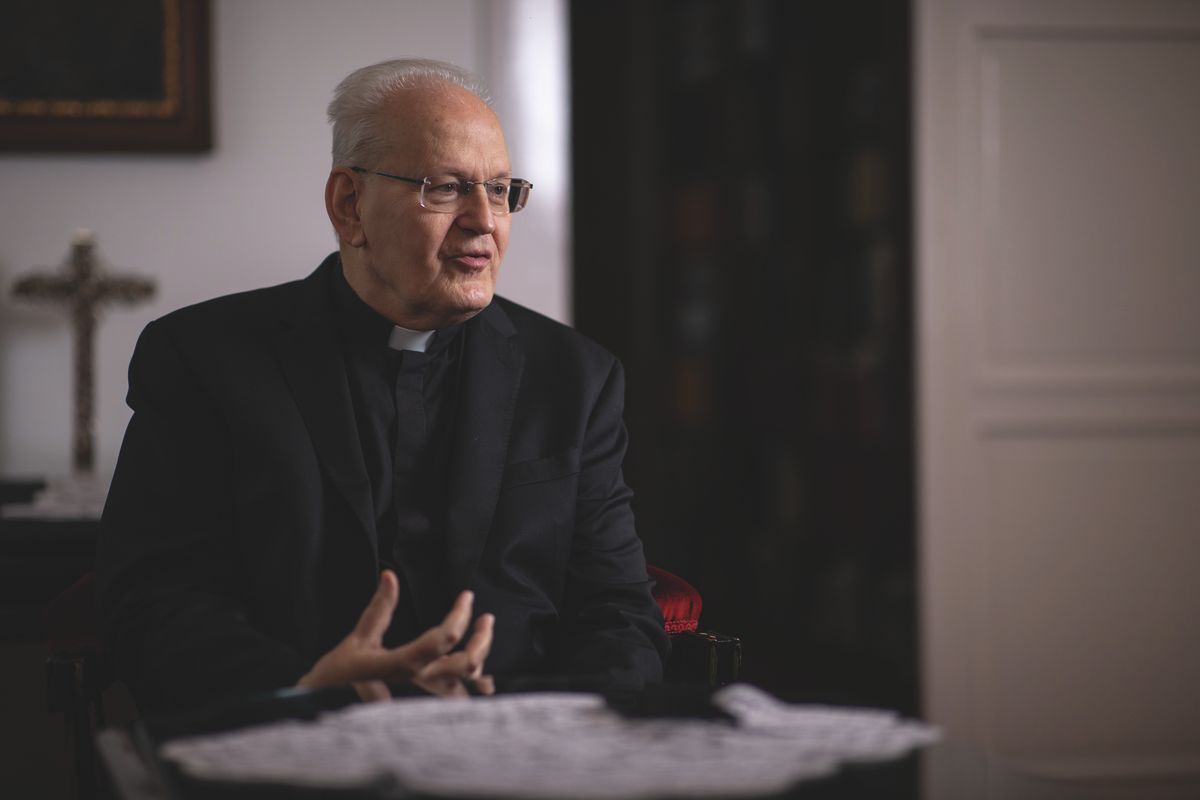
With the conclusion of the Easter season, the Church enters Ordinary Time, which symbolizes the time for proclaiming the Word and bearing witness in the world. In an era of free expression, how can a Christian bear witness to their faith in a way that rises above simply being one opinion among many? Should we even aim for that, and if so, how?
Christianity clearly professes that in Christ came the complete and liberating truth—that Christ is God's final and full revelation to humanity. We have good news—the Gospel—that we must share with everyone. That good news is this: Christ rose from the dead, and He calls us to share in the eternal joy of the resurrection after our own death. That’s why Christianity has been a missionary faith from the very beginning. It’s precisely the miracle of Pentecost that allows the apostles to overcome their fear and step out to speak publicly about the Good News.
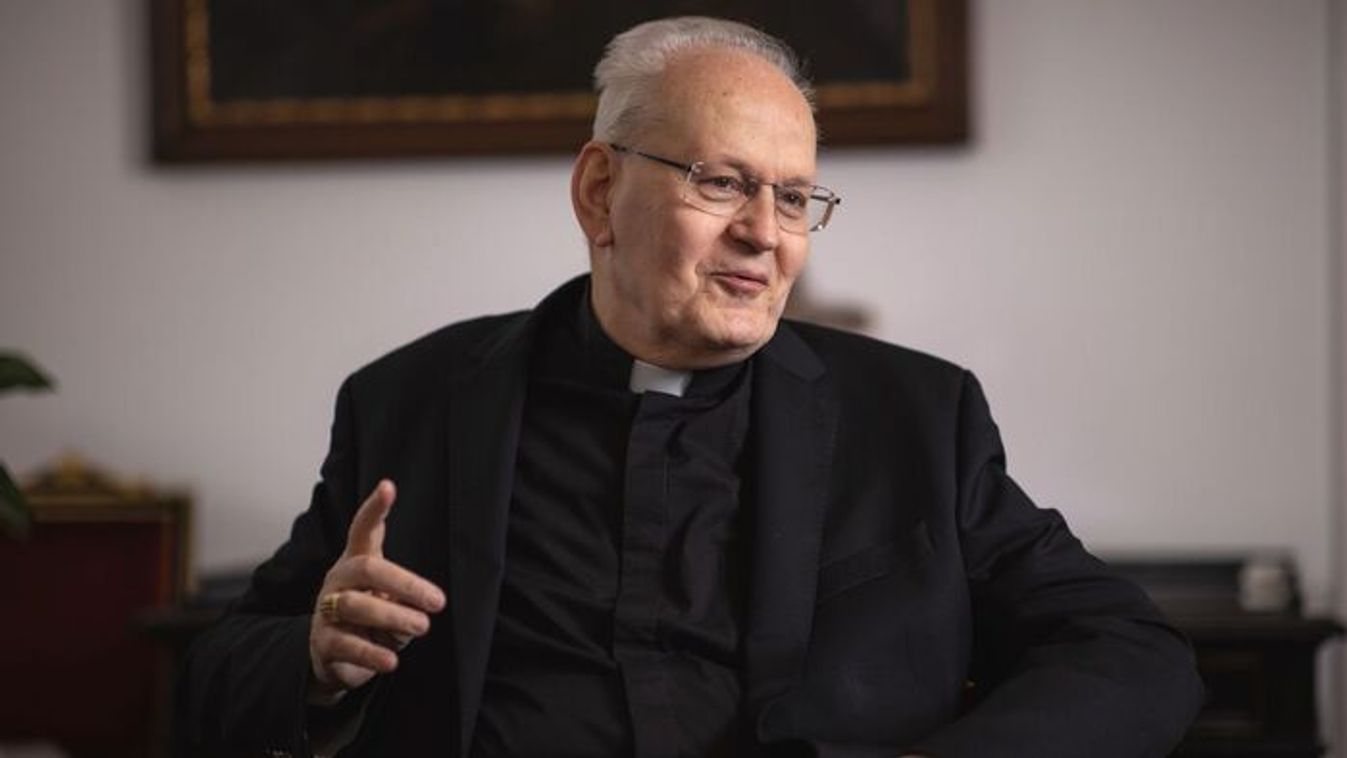
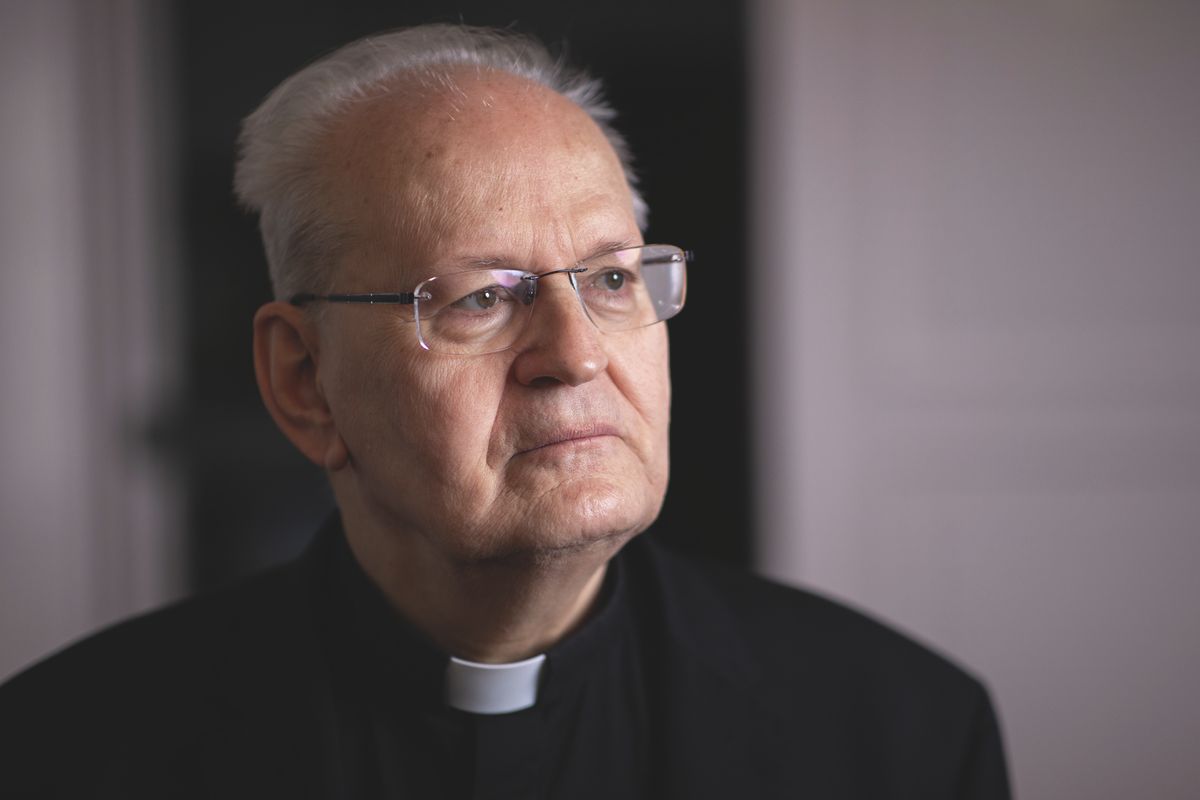
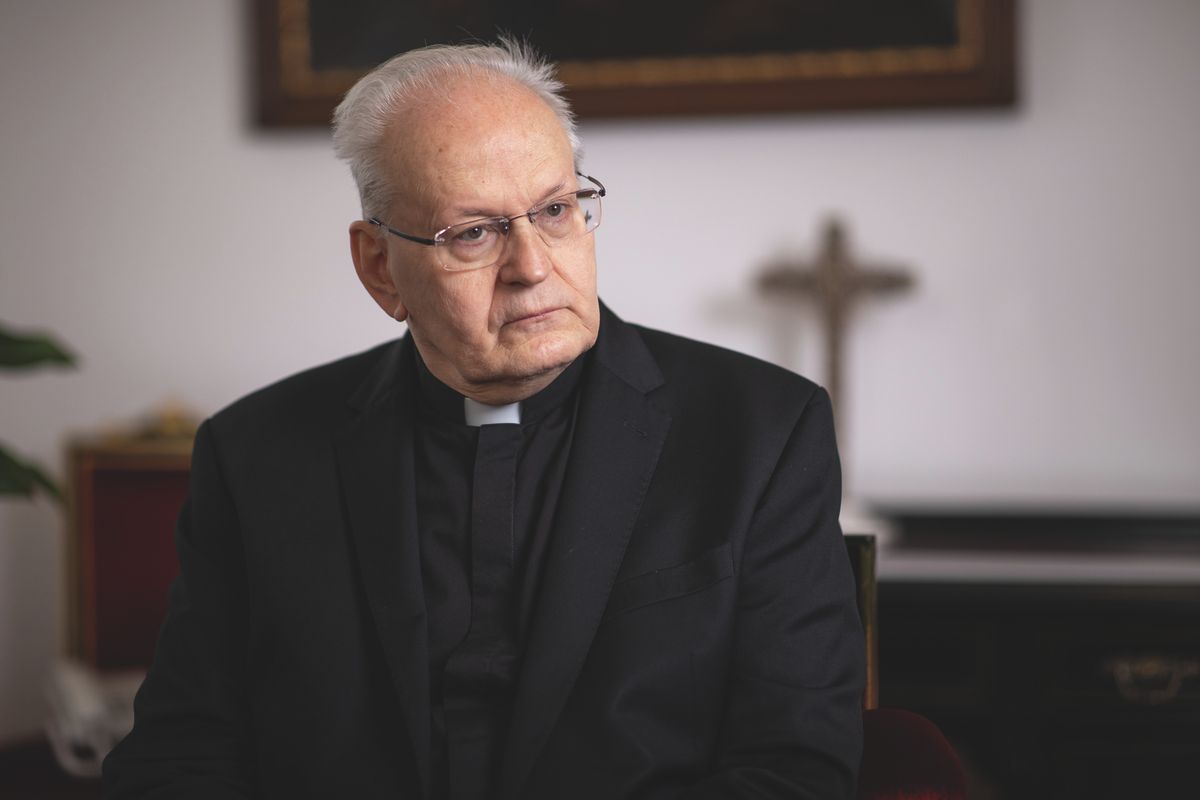
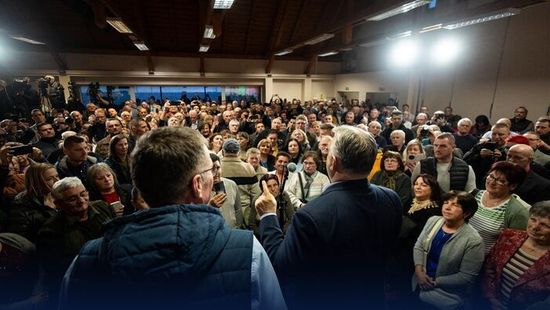
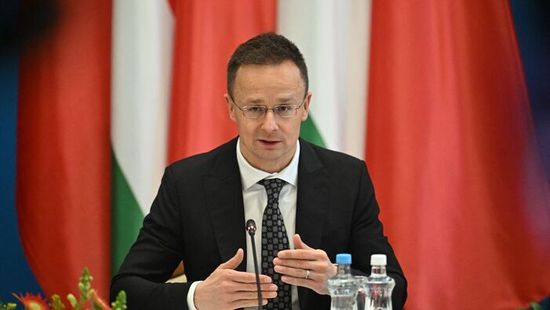
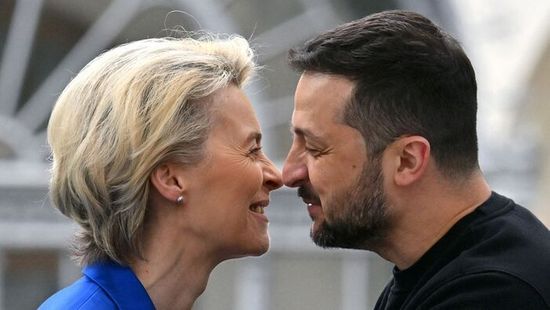
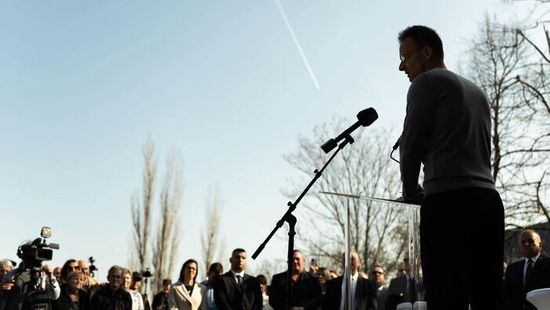

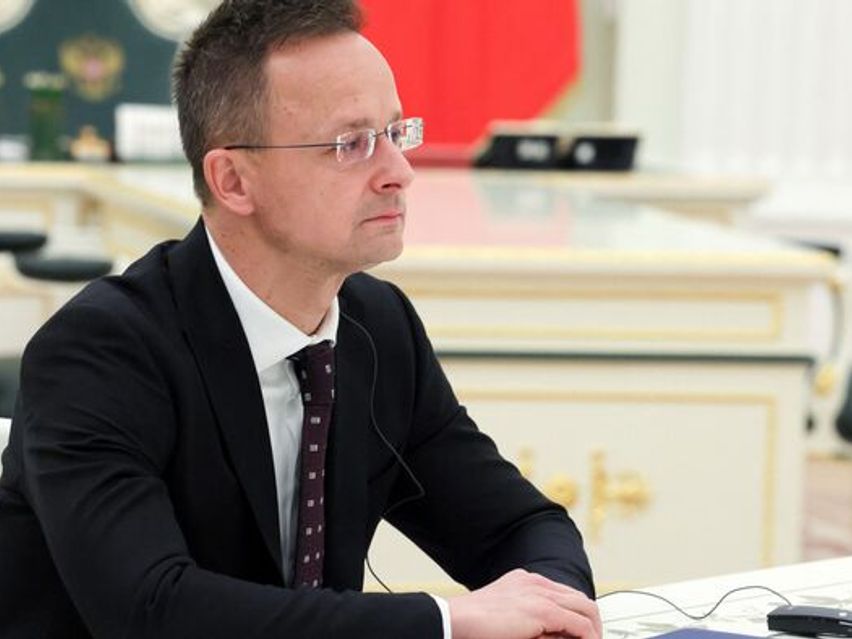
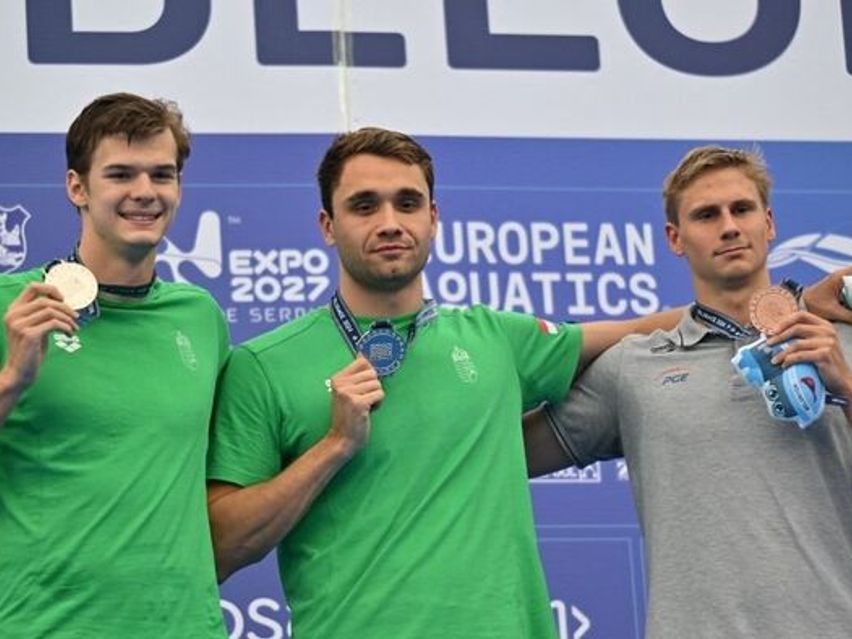
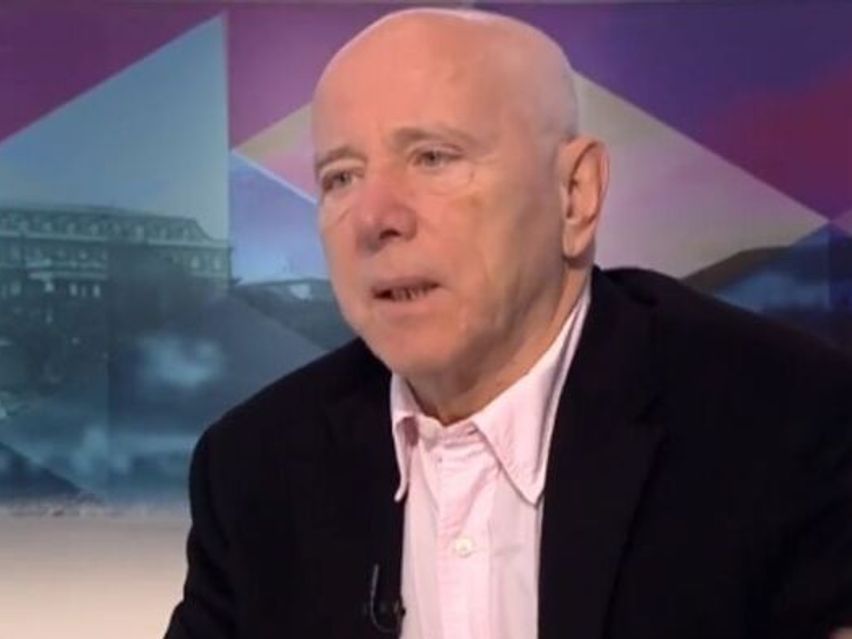
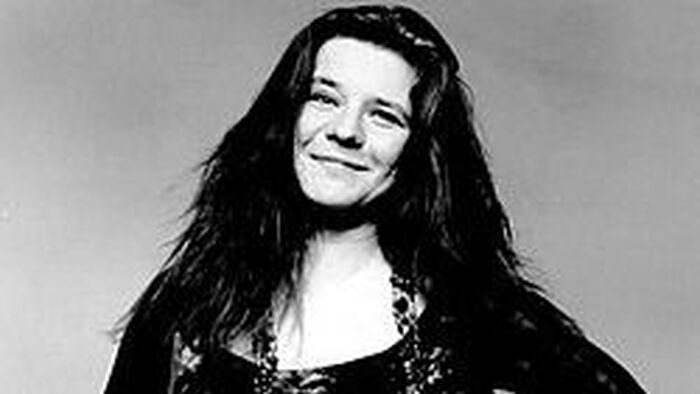


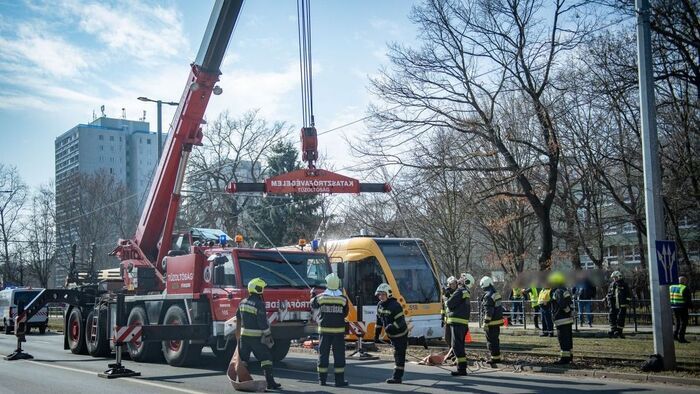
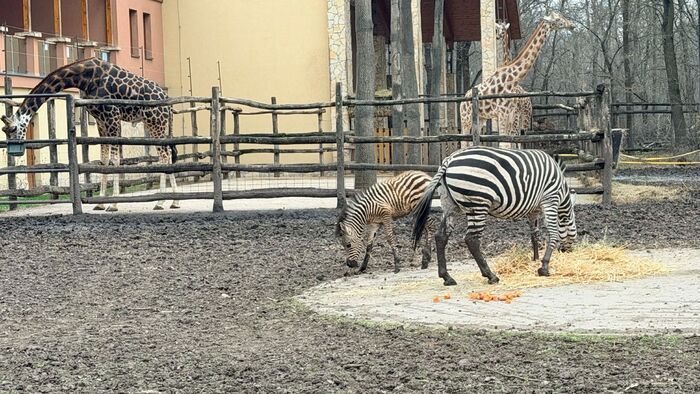
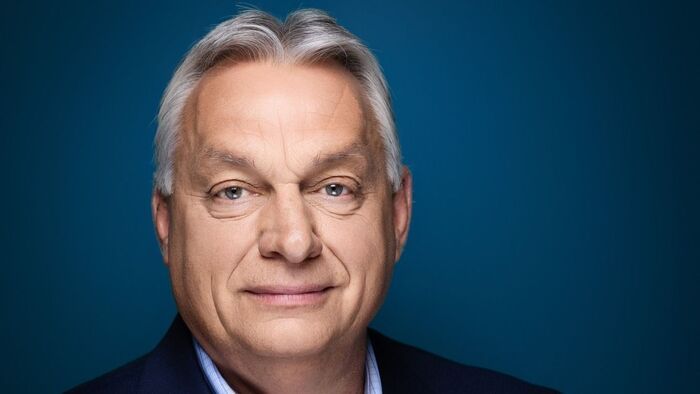
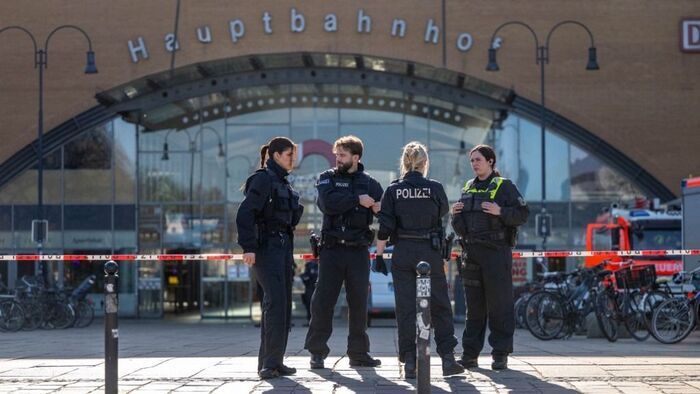
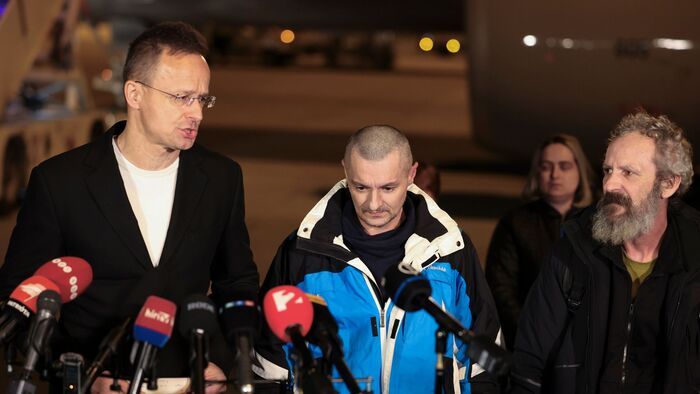
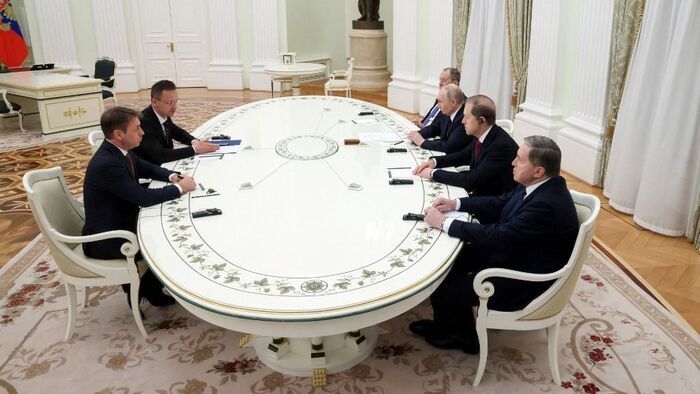
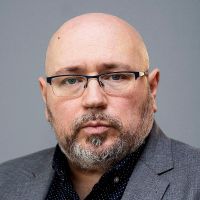

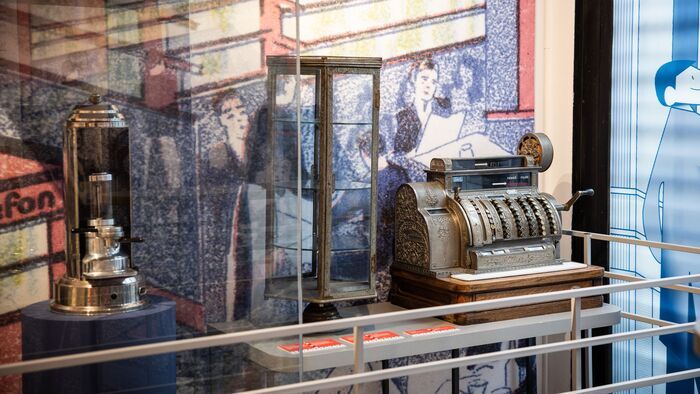


Szóljon hozzá!
Jelenleg csak a hozzászólások egy kis részét látja. Hozzászóláshoz és a további kommentek megtekintéséhez lépjen be, vagy regisztráljon!